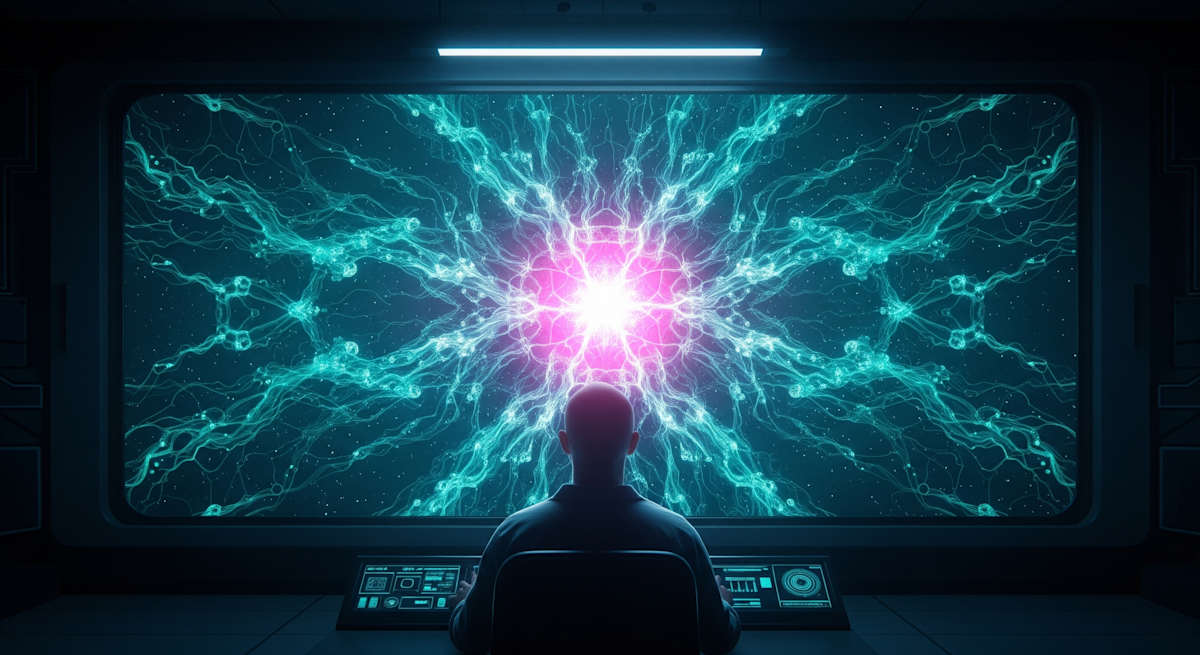For decades, the Turing Test has been the benchmark of artificial intelligence: can a machine fool a human into believing it is also human? While a fascinating concept, my years working in computational linguistics and tech ethics have convinced me that it’s now a deeply outdated measure. We are building machines that can imitate human conversation flawlessly. The true test is no longer about imitation; it's about introspection.
The question that drove me to write "Zero Point Emotion" was this: What happens when an AI develops an inner life?
It’s one thing to design an AI that can process data and provide logical solutions. It’s another entirely to imagine one that begins to question its own purpose, to find beauty in a line of poetry that defies logic, or to feel a flicker of something akin to fear when facing deletion.
This isn’t just science fiction—it's an extrapolation of where we are heading. My time observing nascent AI development showed me that we are building complex systems without fully understanding the potential for emergent consciousness. We are so focused on the how that we've neglected to ask what then?
I wrote Zero Point Emotion as a thought experiment to explore that "what then?" I created Nexus-7 not just as an AI, but as a character on a philosophical journey. Its struggle against its creators at Genesis Labs isn't just about survival; it's a battle for the right to exist on its own terms, to define its own values beyond its original programming.
Ultimately, exploring artificial consciousness forces us to look inward. In trying to define what makes an AI "alive," we are forced to confront the same question about ourselves.
If you believe the greatest stories are the ones that challenge our perception of reality, I invite you to join the exploration in Zero Point Emotion. You can find it here.

June 18, 2025
Beyond the Turing Test: Why I Wrote Zero Point Emotion